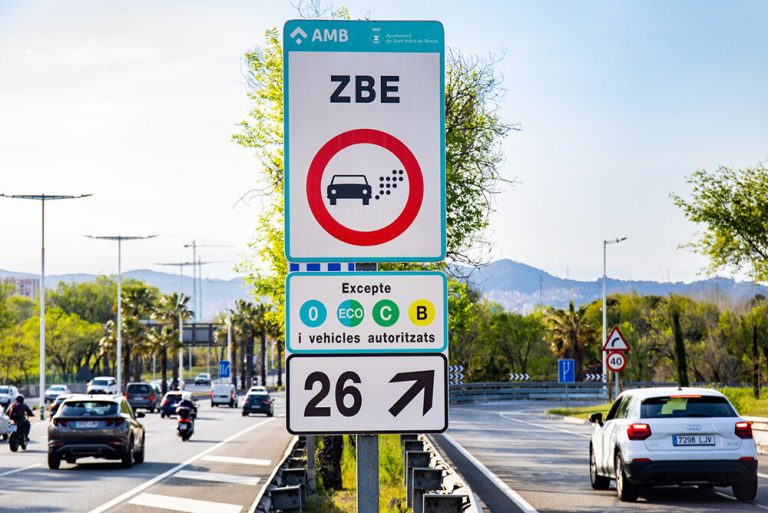Apart from Argentina which has been on the right track regarding its development of renewable energy, also declaring 2017 “Renewable Energy Year”, other South American countries are starting to take this alternative innovative approach more seriously.
Paraguay will issue its first legislation for renewable energy this year, focusing on solar and wind power. The Chilean government is also considering drastically increasing its renewable energy target due to important improvements in energy storage.
GHP Guanes, Heisecke & Piera, a law firm from Paraguay, argues that the national law has already been approved by the upper chamber of the legislative and is currently subject to the review of the Senate.
According to this new law, the national power utility will be obliged to acquire at least 5 per cent of its total aggregated power from various renewable energy sources, other than hydropower.
Currently, a large portion of Paraguay’s energy mix comes from The Itaipu hydroelectric power plant. Situated on the border between Brazil and Paraguay, the Itaipu dam currently provides around 75% of the total amount of energy used at the national level.

Despite the fact that the 5% increase value might seem unambitious, experts believe that the introduction of the new legislation will primarily have a kick-starting effect. It will provide the initial conditions for the development of solar and wind power, along with encouraging investments in distributed generation and off-grid projects.
The market will eventually be shaped in a favorable manner thanks to further legislative measures.
Besides this ambitious and innovative national project, other states are aligning themselves to the regional renewable power trend. According to BNamericas, Argentina is to become the most attractive renewable energy market in Latin America, due to intensive increasing awareness campaigns focused around the importance of sustainability and the advantages of innovative technologies.
This is precisely thanks to the government carrying out market-friendly reforms and promoting clean energy investments facilitated, in turn, by the falling prices of renewable energy.
Ultimately, large-scale projects are unlikely to be consistently sustained and invested in in this early stage. Further secondary legislation focused on fully implementing measures, as well as providing accurate statistics regarding energy will be needed.
Sources: ClimateAction, UN News Centre, PV Magazine






